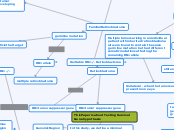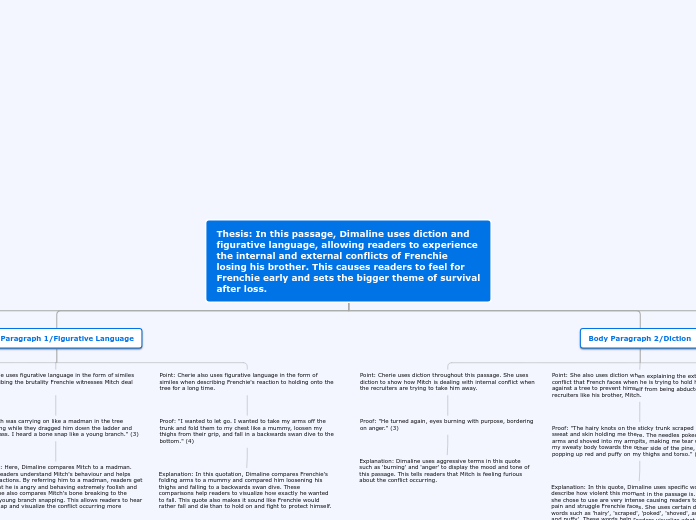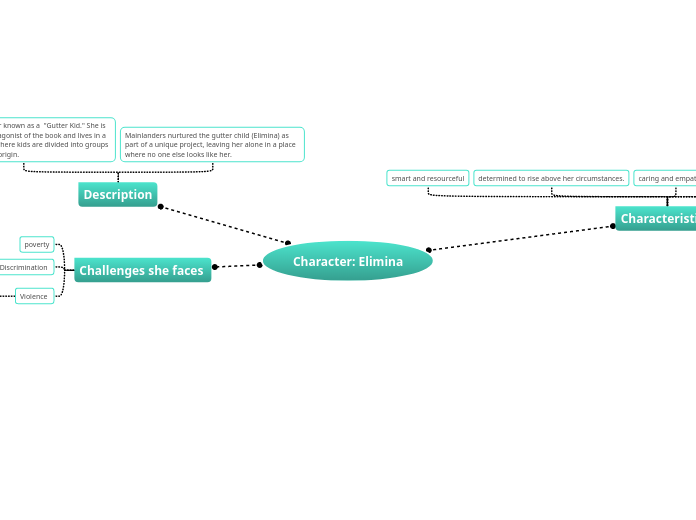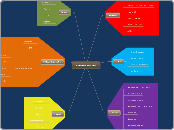A clonogenic assay is a cell biology technique for studying the effectiveness of specific agents on the survival and proliferation of cells.
Western Blot
Reverse Transcription quantitative real time PCR
3D
Heritable RB1-/- Retinoblastoma
One copy of the RB1 gene is damaged in all, or nearly all cells of the body. This is because the mutation was inherited from a parent, or happened very soon after conception. This is called a constitutional mutation.
Children with a constitutional RB1 mutation usually develop multiple tumours in both eyes, A small number of children have one or more tumours in only one eye.
Non-Heritable RB1-/- Retinoblastoma
Floating topic
This Paper is about Testing Survival Gene hypothesis
These people can only get Rb if second instance mutates RB1 through pt mutations OR intragenic deletions but DO NOT touch survival gene
large deletion may encompass a contiguous gene SURVIVAL GENE needed for Rb to work
Doesn't Make Sense
tumours
large germline deletions encompassing the entire RB1 locus could be associated with low or no tumor risk.
patients with germline chromosomal deletions of RB1
Multifocal - when more than one tumor is present in one eye
Unifocal - when a single RB tumor is present
Bilateral - when the tumors occur in both eyes
small percentage of retinoblastomas are caused by deletions in the region of chromosome 13 that contains the RB1 gene
therefor likely to develop a tumour
takes out only functional copy of gene that prevents uncontrollable cell growth
mutations of TS genes are dominant
3C
3B
3A
Subtopic
Loss of Heterozygosity
disease allele
if only functional copy mutate and no longer works
wt allele
normal function
LOH of RB1 gene
Each Cell has one fxnl copy
half the protein is not produced
still enough for cell functoin
RB1 defective
Multiple tumors arising in an individual patient with inherited retinoblastoma all were found to contain the same germ line mutation but had different somatic mutations affecting the remaining RB1 allele
Unilateral - when the tumors are present in one eye
helps regulate cell cycle
prevents premature entry into S phase
second somatic inactivating mutation
Tumour Development
predisposition to Rb
xenografts
Grafts between individuals of different species—xenografts or heterografts—are usually destroyed very quickly by the recipient
orthotopic
Tissue or organ grafts may be transplanted to their normal situation in the recipient and are then known as orthotopic—for example, skin to the surface of the body.
Hereditary Rb
RB1
tumour suppressor gene
mutation in RB1
single retinal cell
It represents the most common pediatric intraocular neoplasm, which in virtually every case results from the inactivation
of both alleles of the RB1 tumor suppressor gene in the developing retina
This is a test note
survival gene in retinoblastoma
Cell survival genes identified. By switching off, one by one, almost 18,000 genes — about 90 per cent of the entire human genome — scientists have identified the genes that are essential for cell survival. This could improve our understanding of which genes are most important in diseases like cance
in vitro
in vivo orthotopic xenograft models
RB1 -/-
a subunit of the mediator
complex.
MED4
In this study, we define a minimal genomic region associated with this low penetrance
Genomic Region
RB1 allele
RB1 gene encodes for a protein called Rb protein or pRb
The RB1 gene provides instructions for making a protein called pRB. This protein acts as a tumor suppressor, which means that it regulates cell growth and keeps cells from dividing too fast or in an uncontrolled way. Under certain conditions, pRB stops other proteins from triggering DNA replication, the process by which DNA makes a copy of itself. Because DNA replication must occur before a cell can divide, tight regulation of this process controls cell division and helps prevent the growth of tumors. Additionally, pRB interacts with other proteins to influence cell survival, the self-destruction of cells (apoptosis), and the process by which cells mature to carry out special functions (differentiation).
multiple retinoblastoma
Familial Retinoblastoma
germline mutation
another synthetic lethal target
"Trilateral" - the occurrence of bilateral RB plus a pinealoma
Retinoblastoma
RB1 tumor suppressor gene









